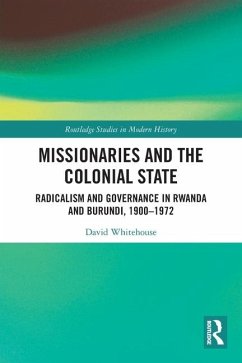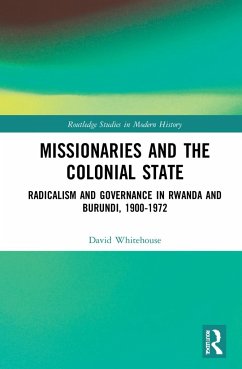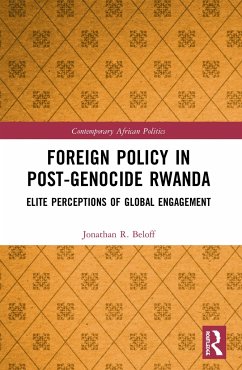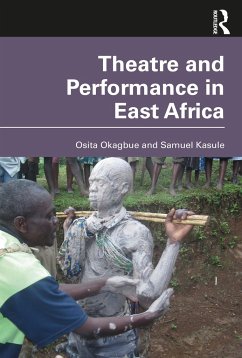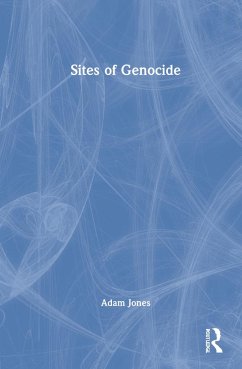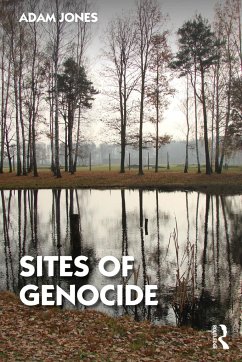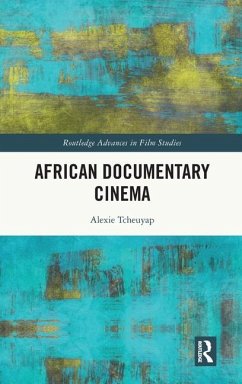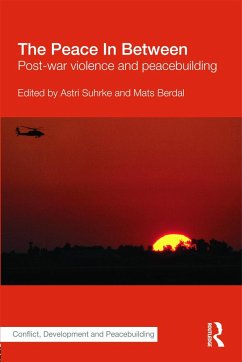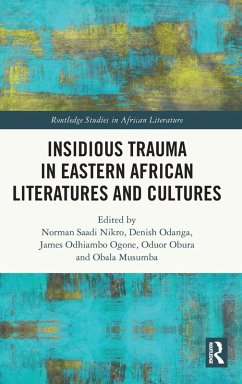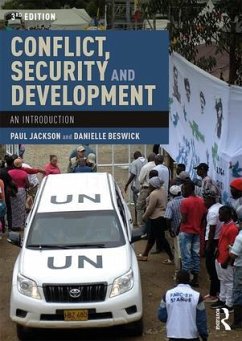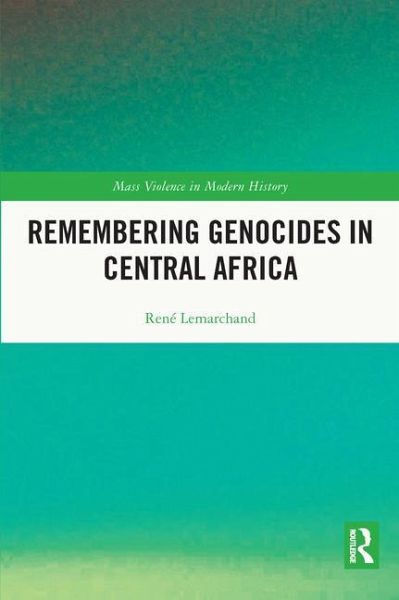
Remembering Genocides in Central Africa
Versandkostenfrei!
Versandfertig in 6-10 Tagen
46,99 €
inkl. MwSt.
Weitere Ausgaben:

PAYBACK Punkte
23 °P sammeln!
Scene of one of the biggest genocides of the last century Rwanda has become a household word, yet bitter disagreements persist as to its causes and consequences. Through a blend of personal memories and historical analysis, and informed by a lifelong experience of research in Central Africa, the author challenges conventional wisdom and suggests a new perspective for making sense of the appalling brutality that has accompanied the region's post-independence trajectories.All four states adjacent to Rwanda are inhabited by Hutu and Tutsi and thus contained in germ the potential for ethnic confli...
Scene of one of the biggest genocides of the last century Rwanda has become a household word, yet bitter disagreements persist as to its causes and consequences. Through a blend of personal memories and historical analysis, and informed by a lifelong experience of research in Central Africa, the author challenges conventional wisdom and suggests a new perspective for making sense of the appalling brutality that has accompanied the region's post-independence trajectories.
All four states adjacent to Rwanda are inhabited by Hutu and Tutsi and thus contained in germ the potential for ethnic conflict, but only in Burundi did this potential reach genocidal proportions when, in 1972, in response to a local insurrection, at least 200,000 Hutu civilians were killed by a predominantly Tutsi army. By widening his analytic lens the author shows the critical importance of the Burundi bloodshed to an understanding of the roots of the Rwanda genocide, and in later years the significance of the mass murder of Hutu civilians by Kagame's Tutsi army, not just in Rwanda but in the Congo.
The regional dimension of ethnic conflict, traceable to Belgian-engineered Hutu revolution in Rwanda in 1959, three years before its independence, is the principal missing piece in the genocidal puzzle of the Great Lakes region of central Africa. But this is by no means the only one. Reassembling the missing pieces within and outside Rwanda is not the least of the merits of this highly readable reassessment of a widely misunderstood human tragedy.
All four states adjacent to Rwanda are inhabited by Hutu and Tutsi and thus contained in germ the potential for ethnic conflict, but only in Burundi did this potential reach genocidal proportions when, in 1972, in response to a local insurrection, at least 200,000 Hutu civilians were killed by a predominantly Tutsi army. By widening his analytic lens the author shows the critical importance of the Burundi bloodshed to an understanding of the roots of the Rwanda genocide, and in later years the significance of the mass murder of Hutu civilians by Kagame's Tutsi army, not just in Rwanda but in the Congo.
The regional dimension of ethnic conflict, traceable to Belgian-engineered Hutu revolution in Rwanda in 1959, three years before its independence, is the principal missing piece in the genocidal puzzle of the Great Lakes region of central Africa. But this is by no means the only one. Reassembling the missing pieces within and outside Rwanda is not the least of the merits of this highly readable reassessment of a widely misunderstood human tragedy.





